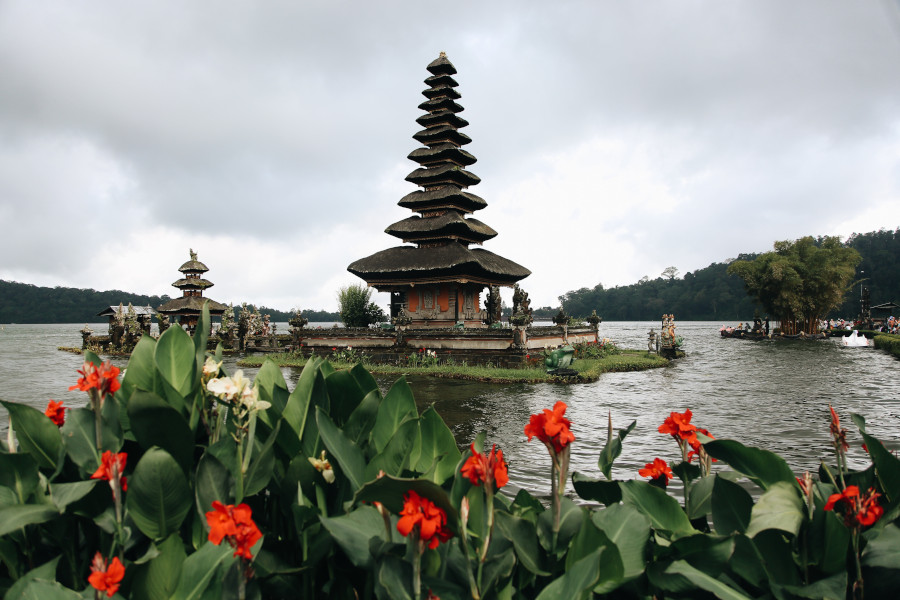
Nyepi Day Figure - Picture by Alleksana at Pexels
Day of Silence - Nyepi 2023 Tahun Caka 1945
Nyepi Day is a Balinese “Day of Silence ” that is observed annually. It is a Hindu celebration that marks the start of the Hindu New Year in the Balinese calendar. Nyepi Day is celebrated on the day following the new moon of the spring equinox, usually falling in March.
On this day, Balinese Hindus are expected to observe a day of silence and self-reflection, as well as fasting and meditation. There are strict rules in place during Nyepi Day, such as no lighting fires (Amati Gni), no working (Amati Karya), no entertainment or pleasure (Amati Lelanguan), and no traveling (Amati Lelungan). Even the airport in Bali shuts down for the day, and the streets are emptied of all traffic and pedestrians.
The purpose of Nyepi Day is to cleanse the island of Bali of any negative energies and to bring about a renewed sense of purity and balance to the community. It is a time for introspection, meditation, and spiritual renewal.
Before Nyepi Day , the Balinese people perform several purification rituals in preparation for the day of silence.
One of the main rituals is called Melasti, which is typically performed three days before Nyepi Day. Melasti involves a procession to the nearest body of water, such as a beach or river, where people purify themselves and their ceremonial objects by washing them in the water. The ritual is intended to purify the entire island and its inhabitants.
Another ritual that takes place before Nyepi Day is called Tawur Kesanga, which is held on the day before Nyepi. This ritual involves the offering of blood sacrifices and other offerings to the gods to appease evil spirits and demons. The offerings are typically placed at major intersections, village entrances, and other public places.
On the eve of Nyepi Day , the Balinese people also perform a traditional ritual called the ogoh-ogoh parade. This parade involves the creation and display of large, colorful, and often grotesque statues of demons and other mythical creatures, which are then paraded through the streets accompanied by music and dance. The purpose of the ogoh-ogoh parade is to scare away any evil spirits that may be lingering on the island before the day of silence.
After Nyepi Day , the Balinese people continue with their purification rituals and celebrations. The day after Nyepi is called Ngembak Geni, which means “Relighting the Fire”. On this day, the Balinese people perform a ritual bath and then light a fire in their homes and temples to symbolize the relighting of the spiritual and social life.
Overall, Nyepi Day and its associated rituals represent a time of purification, introspection, and spiritual renewal for the Balinese people. The celebrations that follow serve to reinforce social bonds and promote a sense of community among the people of Bali.


